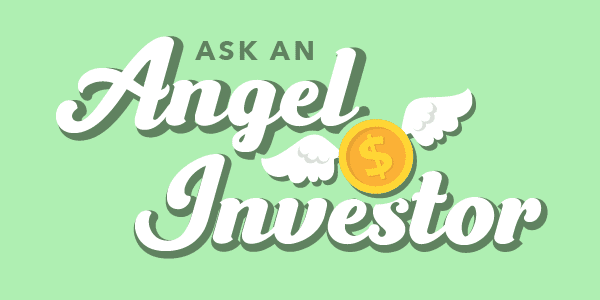Need an angel investor?
Alumna Bethann Kassman, D.B.A., shares what it takes to get that check

As co-founder and chairman of the board of Go-Beyond AG in Zurich and co-founder and CEO of Go Beyond Network in Naples, Florida, both angel investment companies, Bethann Kassman, D.B.A. (M.S.W.’74/SW), funds the dreams of entrepreneurs, allowing their businesses to grow wings and fly.
Kassman joins VCU Alumni online noon-1 p.m. Wednesday, May 26, for Ask an Angel Investor, where she’ll share what it takes to get that angel check and answer your questions. Here, she provides a few insights.
What is an angel investor?
An angel investor can be anyone. It is a person who looks at promising companies and provides funding, usually in exchange for a piece of the company. Angel investors, though, often provide much more than funding, including expertise and important introductions and help in various matters such as finance. As recently as 2017, angel investors have put in approximately $25 billion over 70,000 companies. In many cases, the angels will sit on boards and help the companies grow.
The term “angel” originated when wealthy individuals funded Broadway shows to keep them from shutting down. The term was then applied to individuals who support promising small companies. Angels have different criteria for companies in which they invest. I invest in verticals, such as women investing in women, high tech and pharma.
What is the difference between an angel investor and a venture capitalist?
An angel investor invests their own money, and a venture capitalist invests your money. Angel investors frequently invest less than a venture capitalist.
A venture capitalist represents a number of investors. They have to reach certain goals and have a duty to return a certain amount of money. With an angel investor, there’s a lot more freedom in how and what you invest, but the amount of money invested, although substantial, is less than what you would see a venture capitalist invest. Angel investors usually invest in companies that are at an earlier stage than a venture capitalist who is looking for returns in a much different way.
What do companies need to know when they’re pitching to an angel investor?
First of all, the entrepreneur has to know the ecosystem in which the company is operating and demonstrate that the company has a good team, has the ability to scale and fills an unmet need. The presentation should be professional and show that the competition has been evaluated, finances are realistic and any regulatory impacts are known.
How has Go Beyond Network grown in the past year?
Go Beyond is a Pan-European company with offices in Zurich, Malta and Naples, Florida, and staff located in Paris, London, Malta, Switzerland and the U.S. In the past year, our community and size of investment have increased, members are actively engaged in investing in new deals, we have launched a new micro-fund in the area of climate change, and we have brought on four new deal leaders and active community members to help in the preliminary assessment of new deals. We have also engaged a new global fiduciary to help in the investment process.
I am also passionate about women investing in women. I’m involved with a company called Portfolia on the West Coast that has 11 different verticals, including fem tech, consumer, enterprise, diversity, etc. I have been a deal leader, which means I participate in choosing and evaluating the potential investments in a number of these funds.
What is your favorite part about working with other businesses and helping them succeed?
I really like to see trends and how they develop; you see new companies and ideas coming along that are exciting. Like a consultant, as an active investor, you see a number of different companies, which gives you a good picture of how specific industries are growing and where it makes sense to invest. It has widened my perspective as to what is happening in a number of different fields.
I also went on to become an adjunct professor. I found that I liked facilitating learning. My experience as a professor has led me to mentor a number of entrepreneurs, which has been a very positive experience. I’ve been able to stay in touch with those CEOs who have often gone on to start other companies.
What would you say to anyone looking to start their own business?
Just take that leap. It is going to be a lot of work. You should know the local rules and regulations regarding what you can and can’t do. In other words, within the area in which you’re operating, you should be very familiar with the competition, because that will determine your pricing and what is really disruptive. You should know how you scale your business and how long it would take. Usually I tell people to have money set aside for a minimum of 18 months because that might be how long it takes before you can collect a salary. I think the bottom line is cash is king; without cash, you don’t have a business, so knowing something about how to manage cash and knowing where you’re going to get it is helpful.